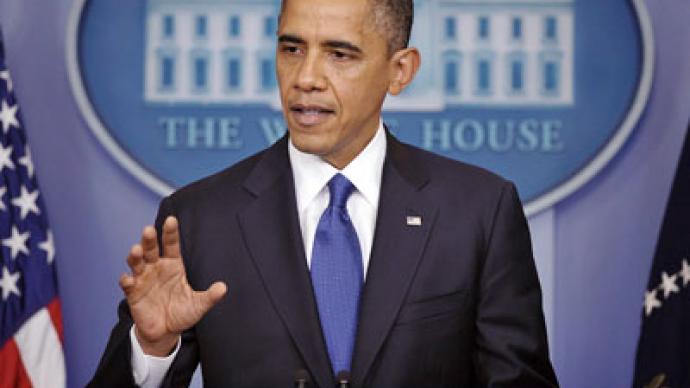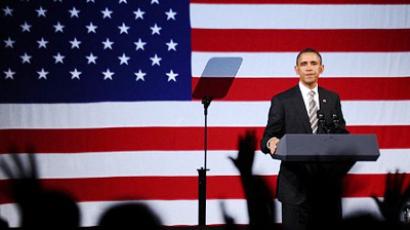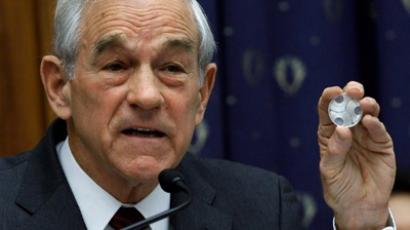New taxes for Americans coming in 2013

Congress approved US President Barack Obama’s hallmark health care bill nearly three years ago, but only in the coming weeks will Americans finally start to see the real price of the program.
A whole new slew of taxes are expected to be imposed starting January 1 to help pay for the health care plan, and that isn’t sitting pretty with some high-income households, or even the medical industry.There will be a few new changes in 2013 as far as taxes go, but the one that might affect the most people is one that targets income investments. Individuals making more than $200,000 annually (and married couples making over $250k combined) will be subjected to a 3.8 percent levy on investment income, a maneuver that it expected to earn Uncle Sam an extra $123 billion between the first of the year and 2019. For top wage earners, the taxes don’t stop there though. For those making more than $200,000 apiece, a 0.9 percent increase will be applied to a payroll tax that goes towards covering Medicare. Combined, both of those taxes aimed at high-income Americans will bring in a good $318 billion during the next decade, which Pacific Research Institute President Sally Pipes says should be enough cover around half of the cost of the entire controversial health care program. Individuals and couples aren’t the only ones who will be hit, though.In order to help pay the bills, the White House has asked for an excise tax that will lob a 2.3 percent toll on the total revenues of medical-device companies, regardless of how well they do in the coming years. Companies that manufacture medical equipment will all have to fork over extra money no matter what, which might not be a problem given that more Americans than ever before are expected to be covered under the president’s health insurance plan. Pipes writes for Forbes that the new excise tax could bring in as much as $29 billion during just the next ten years, a substantial sum but still just a small chunk of the $1.76 trillion Obamacare is expected to cost between 2012 and 2021. With more than 2 percent of all revenue being awarded to the government, though, this tax could very well be a death sentence for companies already close to going into the red.In order to cover the cost of a 2.3 percent annual fee, job cuts could be necessary in order to keep some of those very companies crucial to the industry up and running. The American Enterprise Institute’s Benjamin Zycher says medical companies might cut down on investments in new products by as much as 10 percent during the next few years, taking a good $2 billion out of the economy. In order to save money, though, they won’t stop there. Forbes cites a Manhattan Institute report that claims the excuse tax could cut as many as 43,000 jobs in the coming years, translating to a savings of roughly $3.5 billion."I want to repeal the medical device tax altogether,” Sen. Al Franken (D-Minnesota) said earlier this month, adding that time was running around without a fix before the bill’s “job-killing” tax takes its toll. “For now, the best thing to do to ensure that this important industry continues to create jobs and producing life-saving devices is to delay this unwise tax," the senator said in a statement. “The medical device industry creates tens of thousands of good paying jobs in Minnesota and 400,000 nationwide. We should do everything we can to protect it." Sixteen democrats in the Senate have asked Senate Majority Leader Harry Reid to demand the removal of that excise tax from the program. Every single one of those senators voted for the president’s health care bill.














